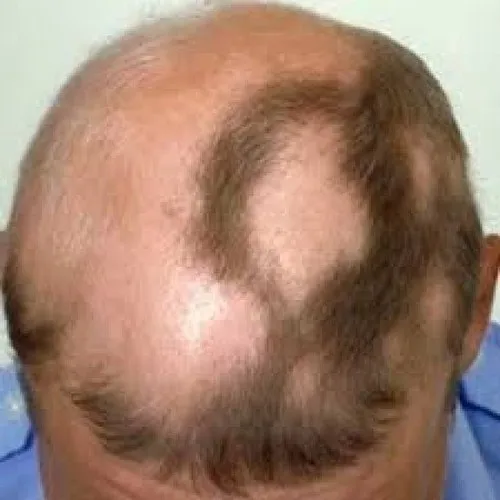HAIR FALL AND LOSS TREATMENT IN MUMBAI
Though Hair Fall Treatment in Mumbai is a very specific symptom, the underlying causes are manifold. The problem can be caused by hormonal imbalance, stress, bacterial infections of the scalp, or dandruff among others. It should always be remembered that it usually takes time to find out the cause of hair loss and one must never assume it to be other factors like diet or poor circulation. Hair Fall Treatment in Mumbai is not just about finding its cause but also treating it appropriately for best results.
Washing the hair with SLS-free shampoos helps reduce hair fall to a great extent. Though it is not immediately visible, SLS can contribute to hair loss over time by breaking down the outer protective layer of the hair strand. While choosing a shampoo for Hair Fall, its mild cleansing nature should be kept in mind
Going SLS-free is one of the simplest things that can be done for curing hair fall and at the same time making it healthy and lustrous. Many companies claim to have herbal shampoos without SLS but they often add other ingredients like silicones, oils, and fragrances that are known to cause damage to the hair. It should thus be seen that using SLS-free shampoo does not mean compromising on results.

